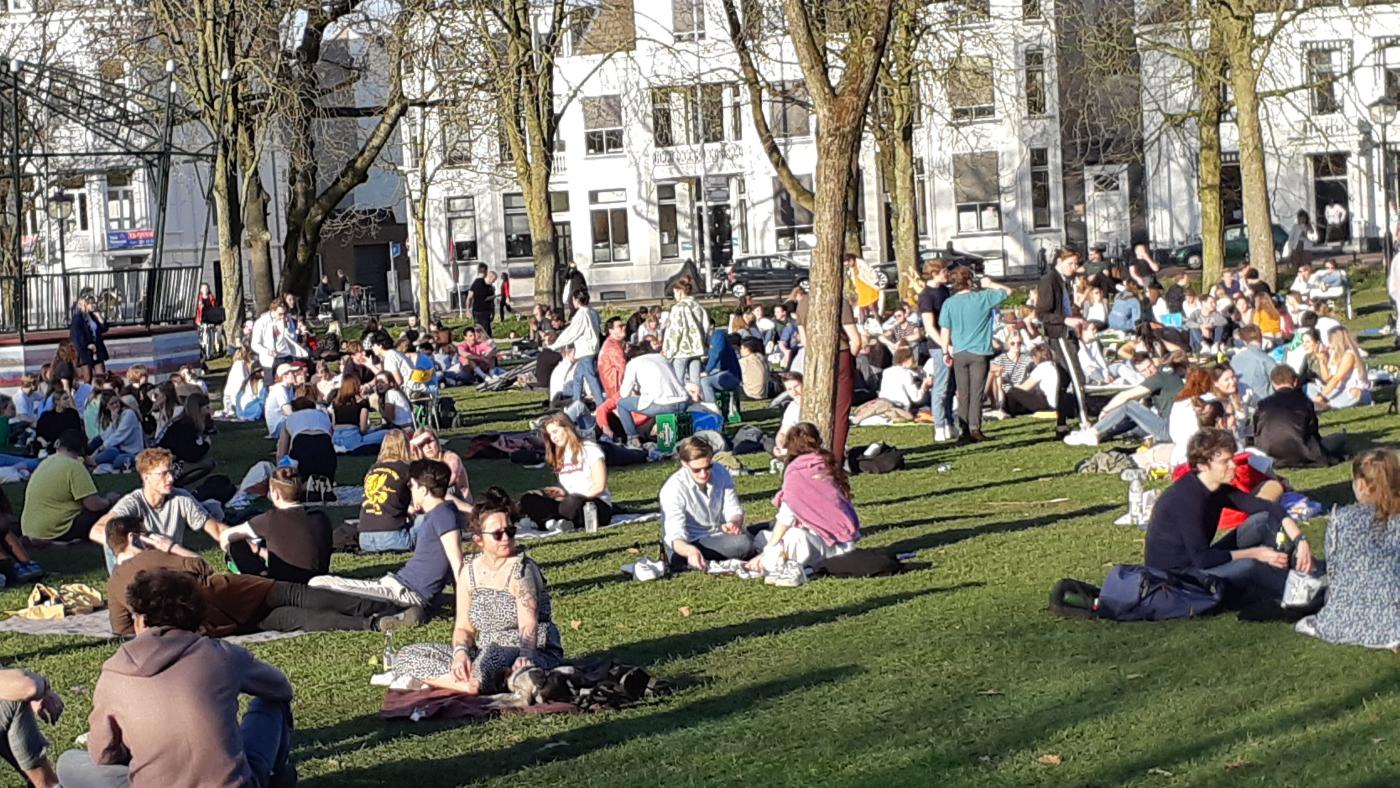Dutch MPs urge government to reopen higher education

Secondary schools will be allowed to reopen partially, but the government would like university and university of applied sciences to continue offering their education remotely for the time being. The Minister of Health promised to review whether higher education institutions can reopen “in a subsequent phase”, and asked them to prepare for this eventuality.
Arbitrary
Many political parties took issue with this decision, which became clear during a major debate on the coronavirus crisis that took place in the House of Representatives yesterday, February 26. To MP Lilianne Ploumen (PvdA), the relaxations seem rather arbitrary. “So we are reopening massage parlours, but our universities and universities of applied sciences have to keep their doors firmly closed?”
Lilian Marijnissen (SP) also called the justification given for the easing of the restrictions into question. If the idea is to benefit the economy, she aegued, “wouldn’t it make more sense to optimise any scope we have and let students and school pupils get back to in-person education before we do anything else?”
Jesse Klaver (GroenLinks) emphasised that his party has no intention of “letting the doors of institutes of higher education wide open. But the relaxation that applies to secondary education should also apply here”. Gert-Jan Segers, from the ChristenUnie party, would like to see extra attention being paid for freshmen “who have never even seen a lecturer in person”.
Other MPs joined the chorus: parties D66, SGP and Partij voor de Dieren also urged for higher education institutios to be allowed to reopen their doors faster.
Cumulative risk
Ploumen asked the Prime Minister to explain the considerations that resulted in the decisions made by the government regarding higher education. "There are plenty of options to take small steps, right? Why not allow students to go back to in-person education for a few hours a week, in conference centres for example? This option could have been considered six months ago".
Rutte replied that his fear is not that universities and universities of applied sciences do not have the capacity to organise this type of education in a safe manner. “The problem is that, if you add it all up, all of those activities lead to more travel, which increases the risk of people getting too close to each other, which will then inevitably cause the virus to spread”.
In short, the possibilities to relax the measures are limited. Only small steps are possible now. “We are doing something for education and also something for young people and sports”, said the Prime Minister. “We’re also taking some small steps for the economy. In my view, these decisions are in line with what some of our colleagues would like to see, which is to take smaller steps across the board”.
Motions
But the House wants more. Parties D66 and ChristenUnie submitted a motion asking the government to engage in talks with higher education representatives about safety measures and a speedier partial reopening.
A joint motion signed by GroenLinks, PvdA, SP and PvdD asked for even more: “provide possibilities for socially-distanced teaching in higher education as quickly as possible, with the aim of allowing each and every student to receive in-person education again for a few hours a week”.
Rapid testing
Hugo de Jonge, Minister of Health, Welfare and Sport, highlighted the various pilots for rapid testing and self-testing currently underway in higher education. The MPs inquired if these projects might help speed up the process, to which De Jonge replied that he believes self-testing is the future. “Imagine self-tests as part of our daily routine, like brushing our teeth in the morning”.
However, the minister explained that self-tests have not been approved to receive a CE label yet. That's the administrative marking that indicates conformity with health, safety, and environmental protection standards for products sold within the European Economic Area. De Jonge does not want to get ahead of himself, which is why there are no plans beyond pilot projects. “There are a number of legal hurdles that we will need to overcome first”.